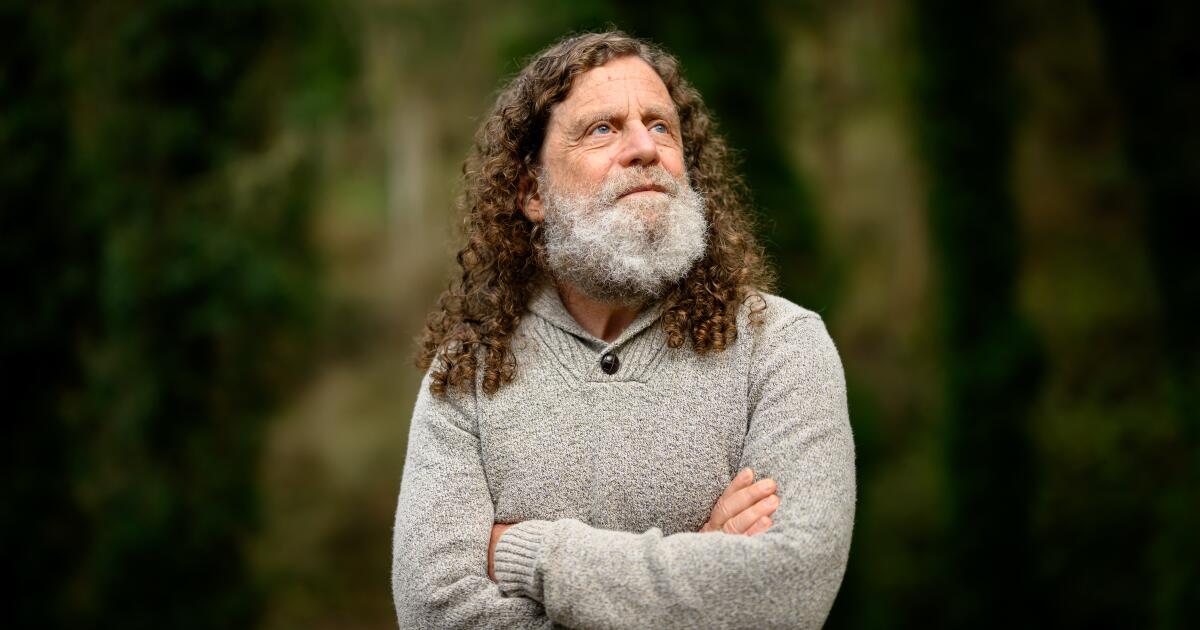- Oct 31, 2012
- 53,867
- 52,770
- 3,605

Stanford scientist, after decades of study, concludes: We don’t have free will
You may think you chose to read this, but Stanford scientist Robert Sapolsky would disagree. He says virtually all human behavior is beyond our conscious control.
Before epilepsy was understood to be a neurological condition, people believed it was caused by the moon, or by phlegm in the brain. They condemned seizures as evidence of witchcraft or demonic possession, and killed or castrated sufferers to prevent them from passing tainted blood to a new generation.
Today we know epilepsy is a disease. By and large, it’s accepted that a person who causes a fatal traffic accident while in the grip of a seizure should not be charged with murder.
That’s good, says Stanford University neurobiologist Robert Sapolsky. That’s progress. But there’s still a long way to go.
After more than 40 years studying humans and other primates, Sapolsky has reached the conclusion that virtually all human behavior is as far beyond our conscious control as the convulsions of a seizure, the division of cells or the beating of our hearts.
Where to begin? Let's begin with the statement in the article that "Virtually all human behavior is as far beyond our conscious control as the convulsions of a seizure." Does this not negate his entire premise? Either there is free will or there is not. You can't include the word "virtually". It is either yes or no, so which is it?
It is my belief that this question is based on the premise of their being a God or not. If there is no God, then man is just a mechanism, that is, the product of the material world, thus only being effected by the material world. Man becomes nothing more than just a glorified primate, whose behavior consists of urges he or she has not control over.
These same secular types will also say there is no good or evil. How could there be if we are powerless to control our own actions?
In a way, the human secularist is forced into this view because it is the only view possible for a Godless existence.
Of course, Trump is evil and so is MAGA, but outside of that, evil simply does not exist.


